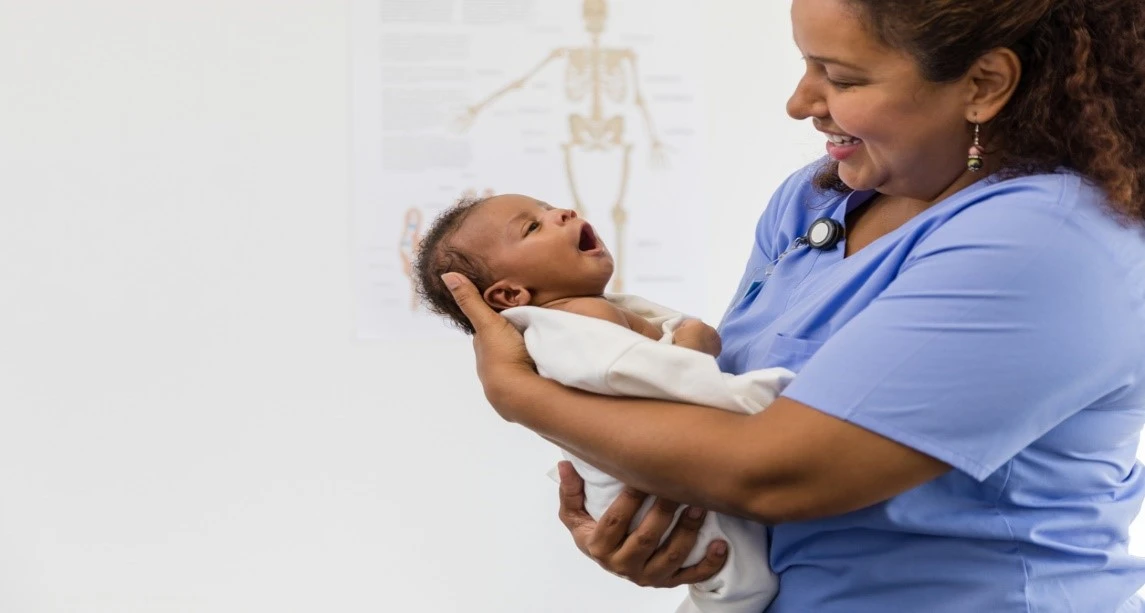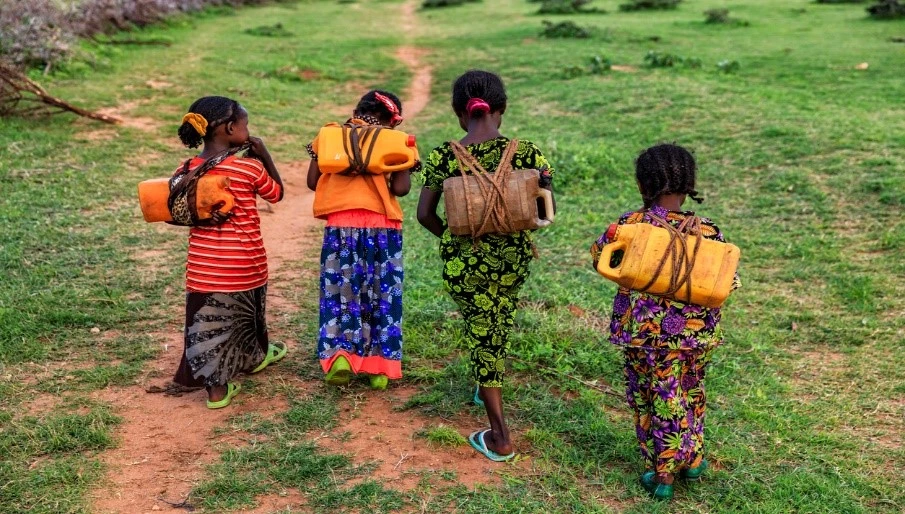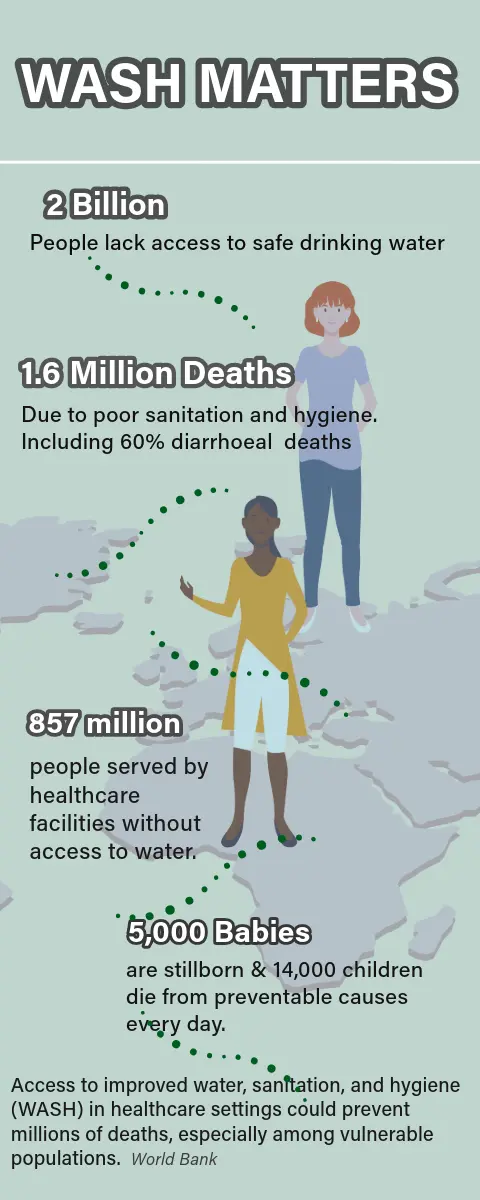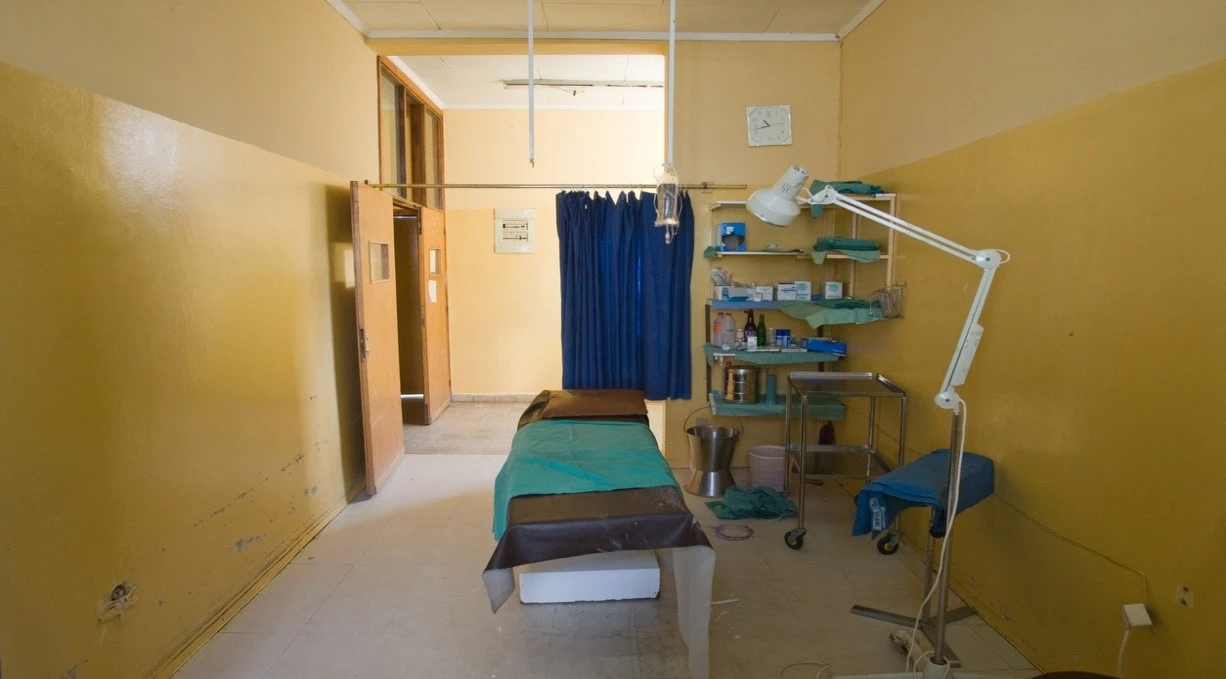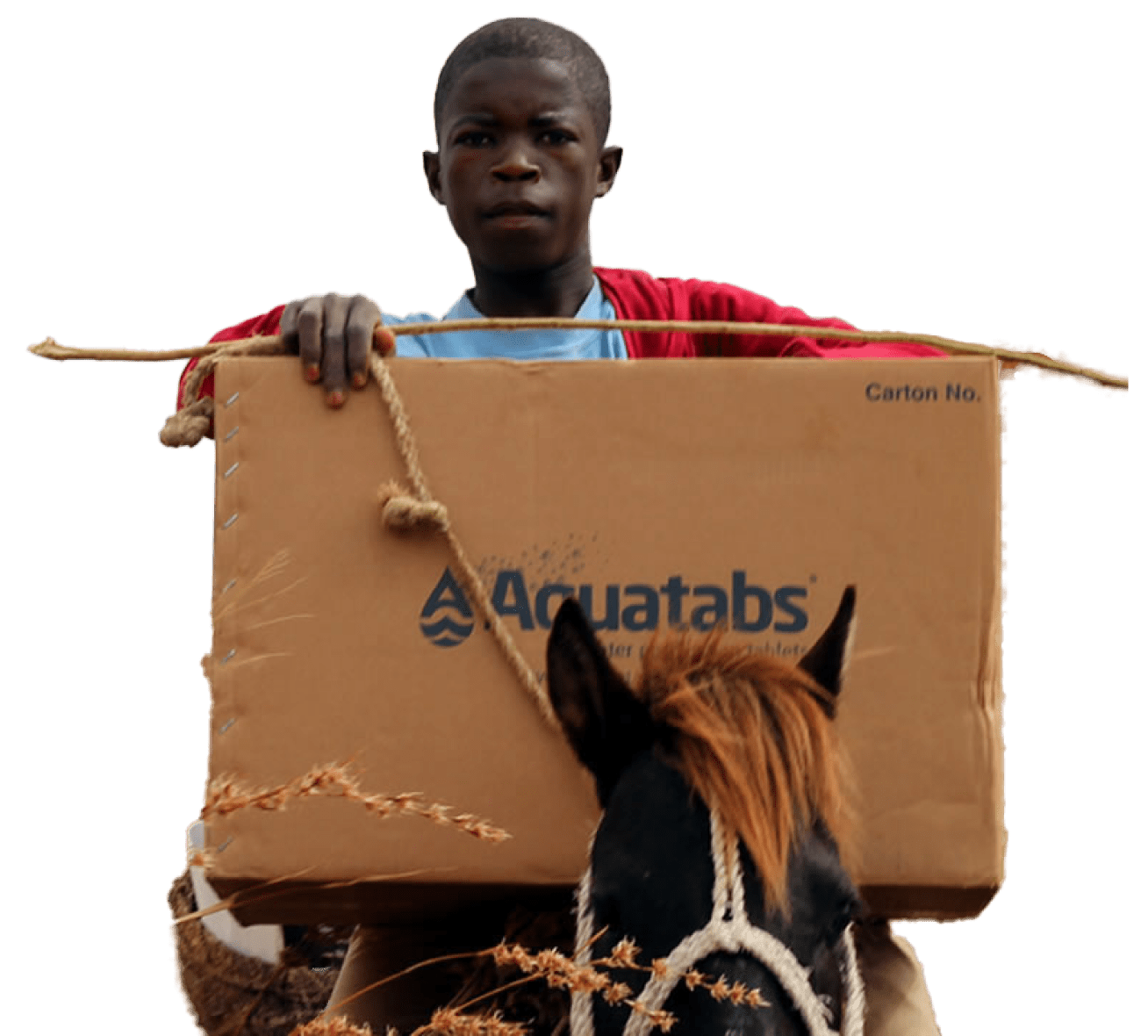Empowering Community Advancement Through WASH
In our journey towards sustainable development, the role of WASH (Water, Sanitation, and Hygiene) community empowerment cannot be overstated. Access to clean water, basic toilets, and good hygiene practices are not only fundamental human rights but also critical pillars in the advancement of communities worldwide.
This week our #Aquablog highlights how #WASH can transform communities. #EmpoweringCommunityAdvancement
Connect with our Aquatabs experts, Robert Cooper, Kate Devereux, and Doireann O’Brien for more information!
Transforming Lives Through WASH: The Critical Need
Empowering Community Advancement
Developing communities with vulnerable populations require vital Water, Sanitation, and Hygiene (WASH) programmes. WASH community empowerment is crucial for displaced people and their host communities. These communities have shown solidarity by offering refuge. WASH is critical for those impacted by climate change. This includes those who have seen their lives and infrastructure destroyed. It is essential in rural communities, far from the cities and towns that have trained healthcare workers and services. These fractured communities are among the most susceptible to diseases transmitted through water and lack of healthcare. This blog delves into how the introduction of WASH initiatives can lead to significant global empowerment and advancement of communities, changing lives for the better.
The Plight of Communities Without Adequate WASH
Access to clean water and appropriate sanitation facilities is an increasingly difficult challenge. Unsafe drinking water makes communities hotspots for water-borne diseases and infections. The lack of infection-prevention disinfectants further exacerbates the situation. A recent World Bank blog estimated that every day, 14,000 children die, and 5,000 babies are stillborn.
Assessments of childhood mortality from 2022 advised a relatively small impact of COVID-19. However, disruptions to the supply of interventions such as nutrition and vaccinations take a toll on babies and children between one and fifty-nine months. It is heartbreaking to comprehend the fact that most childhood mortality cases are preventable.
The Economic Impact of Poor WASH
Investing in sustainable, life-saving health interventions is essential. It positively impacts education, economic development, and overall quality of life.
“For every $1 invested in water and sanitation, $4.30 is delivered in economic benefit to individuals and society2″
Essential Steps to WASH Community Empowerment
The “Essential Steps to WASH” refers to the critical measures necessary to effectively implement water, sanitation, and hygiene (WASH) programs. These steps are fundamental. Access to clean water, sanitation, and hygiene is a UN-recognized human right through the Sustainable Development Goals[2]. It is also a cornerstone of public health. Without WASH, communities face higher risks of preventable illnesses and chronic health conditions. These steps include ensuring sustainable access to safe and clean water, providing facilities for proper sanitation, and working with communities to promote good hygiene practices.
WASH is a fundamental right for everyone because it underpins human health and dignity. Safe water, proper sanitation, and hygiene are essential for the survival and development of populations. It directly impacts educational and economic opportunities, especially for women and girls. They often bear the burden of water collection and suffer from a lack of sanitation.
“200 million hours are spent walking for water”
Achieving WASH: A Path to Sustainable Development
For every $1 invested in water and sanitation, $4.30 is delivered in economic benefit to individuals and society
Achieving WASH is possible for all governments through targeted investments and policies. These investments are also economically sensible, as the statistic indicates that for every $1 invested in water and sanitation, $4.30 is delivered in economic benefit to individuals and society [3]. This return comes through decreased healthcare costs, improved productivity, and reduced absenteeism in schools and workplaces due to illness. Governments and local authorities can implement WASH programs by prioritising infrastructure, education, and community efforts. This ensures WASH benefits reach all citizens. The statistic highlights the human and social benefits of investing in WASH and the economic rationale for governments prioritising such initiatives.
WASH programs are comprehensive initiatives aimed at providing access to safe water, improving sanitation facilities, and promoting hygienic practices. These programs include the distribution of essential products like water purifiers, soap, and disinfectants, as well as education on maintaining personal and community hygiene.
Disinfect to Protect
Empowering Communities Through WASH Education and Participation
One of the critical components of WASH programs is the focus on education. By educating community members, especially women and children, about the importance of hygiene and how to maintain it, WASH initiatives empower them to take control of their health and environment. This knowledge is a powerful tool that leads to a reduction in disease prevalence and an overall improvement in health standards. However, it is vital to work alongside the community, take time to learn from the populace’s leaders and implement programmes through trained officials and healthcare workers trusted by the community.
Economic and Social Benefits of WASH Community Empowerment
The introduction of WASH protocols also brings about significant economic benefits. With better health, there’s a decrease in healthcare costs and an increase in productivity as fewer workdays are lost to illness. Furthermore, access to clean water and sanitation facilities can save time, which is particularly beneficial for women and girls who often bear the burden of water collection. This extra time can be invested in education or economic activities, further empowering individuals and the community.
WASH for Sustainable Development and the Future
WASH initiatives are not just about providing immediate relief; they are also about ensuring sustainable development. These programs foster a sense of ownership and responsibility by involving community members in the planning, implementation, and maintenance of WASH facilities. This approach ensures the longevity of the facilities and the continuous practice of hygienic habits.
Aquatabs: Committed to Sustainable WASH Solutions
Aquatabs has been at the forefront of water and surface disinfection for over four decades, dedicated to serving the emergency relief sector. We recognise that access to clean, safe water, sanitation and hygiene is a fundamental human right, yet it remains a critical challenge in many rural communities. By focusing our efforts on these vulnerable areas and partnering with other organisations and like-minded partners, we’re combating the spread of disease and infection and supporting the building blocks of healthy, thriving societies.
Our mission transcends beyond providing immediate relief; it’s about empowering communities with the tools and knowledge for long-term resilience and self-sufficiency. By focusing on community empowerment through WASH, we’re contributing to a world where every individual, regardless of their geographical or socioeconomic background, has the opportunity to live a healthy, dignified life. This belief drives our continuous innovation and dedication to making a tangible, lasting impact in the lives of those who need it most through WASH community empowerment.
References
- https://blogs.worldbank.org/opendata/new-un-estimates-show-14000-children-die-and-5000-babies-are-stillborn-every-day-mostly
- Resolution adopted by the General Assembly on 28 July 2010. 64/292. The human right to water and sanitation. http://www.un.org/en/ga/search/view_doc.asp?symbol=A/RES/64/292
- https://wash4work.org/business-case/


